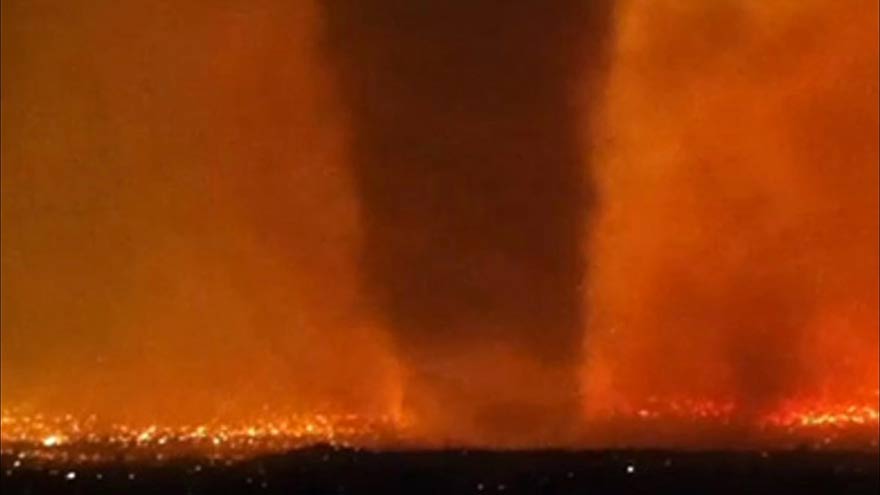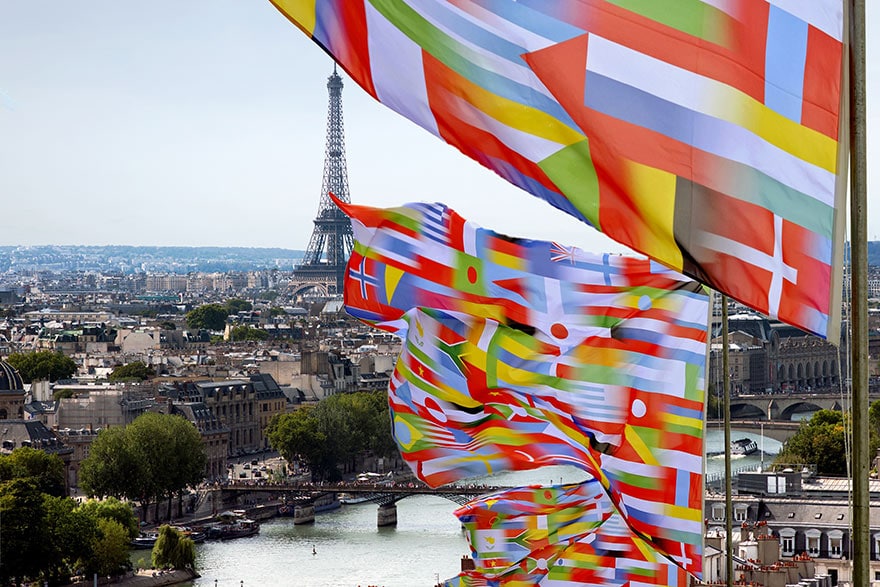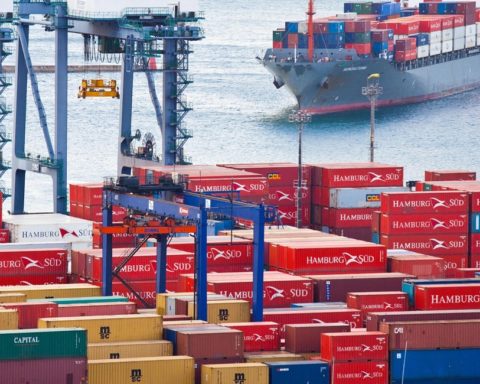The Pentagon's climate nightmare

Climate as a threat multiplier
READ UP'. : Climate change: security threat or academic dispute?
Prophecies come true
Syria: drought, the breeding ground of Daech

Sahel, the water war

Bangladesh, a flooded people

The wall between India and Bangladesh. Photo: Gaël Turine. VU Agency
Arctic, the ice is broken

And also...

READ ALSO IN UP': Holland - COP21: "France wants to be at the head of the largest coalition for life".













